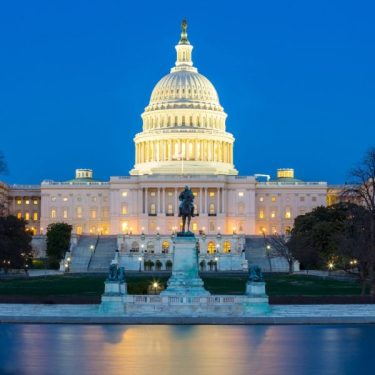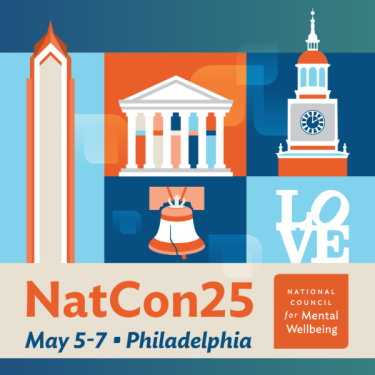On April 27, the Substance Abuse and Mental Health Services Administration (SAMHSA) announced 166 awards for Certified Community Behavioral Health Clinic (CCBHC) expansion grants. The grant funding includes $200 million in annually appropriated funding in addition to $250 million in emergency COVID-19 funding for Fiscal Year 2020 as part of the CARES Act. While the National Council for Mental Wellbeing applauds SAMHSA’s efforts to expand the number of CCBHCs nationwide, we are disappointed that the $250 million in emergency COVID-19 funding was not made available to all community behavioral health organizations (CBHOs), which have been working hard to respond to the pandemic without adequate resources and support. The National Council has urged Congress to act swiftly to provide $38.5 billion in COVID-19 relief funds dedicated to behavioral health providers nationwide.
As background, the CARES Act provided SAMHSA $450 million for COVID-19 relief for the behavioral health sector, including $250 million earmarked directly for community behavioral health organizations through the CCBHC line item.
In an April 1 letter, the National Council urged SAMHSA to use its legally permitted discretion to make all community mental health and addiction providers eligible for that funding. Similarly, we advocated for the agency to use Cares Act emergency funds to address the immediate financial crisis confronting many CBHOs nationwide. Instead, the funding was awarded exclusively to organizations that had, prior to the crisis, submitted applications for CCBHC expansion grants. The CCBHC program had only 113 clinics operating prior to the crisis, yet more than 3,400 behavioral health providers nationwide play a vital role in preventing the community spread of the coronavirus, ensuring appropriate treatment to keep people with serious mental illness and substance use disorders out of hospitals and emergency rooms.
“We appreciate SAMHSA’s goal of distributing CARES Act funds in an expedient manner, though we had hoped the agency would adopt a broader approach to provide aid during this crisis,” National Council for Mental Wellbeing President and CEO Chuck Ingoglia said. “Make no mistake: we believe CCBHCs are a valuable model for the future of behavioral health. But given the relatively limited number of CCBHCs operating today, we must allocate relief funds more broadly. The recent grant announcement highlights the need for urgent congressional action to provide $38.5 billion infusion of emergency funds for behavioral health organizations BHOs to ensure that all providers have the resources necessary to meet the immediate challenges.”
According to the results of a recent survey released by the National Council, CBHOs treating mental health and substance use disorder (SUD) patients are in danger of closing their doors because of the economic carnage caused by the COVID-19 pandemic. CBHOs nationwide need emergency funding for the procurement of Personal Protective Equipment (PPE) – masks, gowns, gloves, respirators – for front line staff members as well as costs associated with personnel and the purchase of telehealth equipment.
The National Council has long been a leading advocate for the expansion of the CCBHC program and is pleased to see 166 new organizations added, bringing the total to more than 230 CCBHCs operating in 33 states. Thanks to bipartisan leadership in the U.S. Congress, CCBHCs are leading a bold shift to increase access to high-quality mental health and addiction treatment that is making a difference in the lives of thousands of individuals and communities across the nation.
“The National Council has set a goal of creating 500 CCBHCs nationwide by 2025 and, in doing so, providing high-quality mental health and addiction treatment services to at least 2.9 million people,” said Ingoglia. “As part of that, we are also advocating for sustained, permanent funding for all CCBHCs so that they are not subject to the uncertainty of a two-year grant cycle. And yet, in the midst of the COVID pandemic, we urge policymakers to take steps that ensure all behavioral health providers working on the front lines are able to provide essential services, now and in the immediate future.”
About The National Council
Founded in 1969, the National Council for Mental Wellbeing is a membership organization that drives policy and social change on behalf of over 3,200 mental health and substance use treatment organizations and the more than 15 million children, adults and families they serve. We advocate for policies to ensure access to high-quality services. We build the capacity of mental health and substance use treatment organizations. And we promote greater understanding of mental wellbeing as a core component of comprehensive health and health care. Through our Mental Health First Aid (MHFA) program, we have trained more than 4 million people in the U.S. to identify, understand and respond to signs and symptoms of mental health and substance use challenges.



